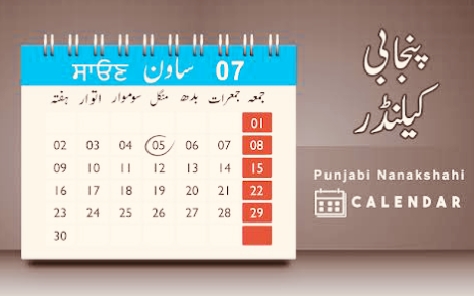The Desi calendar, a traditional timekeeping system deeply ingrained in South Asian culture, holds great importance in tracking seasons, festivals, and agricultural activities. This blog delves into the significance of the month of Magh, the relevance of today’s Desi date, and the enduring role of this calendar in modern times.
Table of Contents
- Introduction to the Desi Calendar
- Importance of Magh in the Desi Calendar
- Today’s Date According to the Desi Calendar
- Multilingual Representation of Today’s Date
- The Relevance of the Desi Calendar Today
- Conclusion
- Introduction to the Desi Calendar
The Desi calendar is a lunar-solar calendar widely used across South Asia. Unlike the Gregorian calendar, it incorporates both the moon’s phases and the solar cycle to calculate months and seasons. This calendar is crucial for agricultural activities and is deeply tied to regional traditions and festivals.
Each region often uses unique names for the months, reflecting linguistic and cultural diversity.
- Importance of Magh in the Desi Calendar
Magh (ماگھ, माघ) is the 11th month of the Desi calendar, corresponding to January and February in the Gregorian calendar. It marks the late winter season, a transitional period preparing for spring.
The name “Magh” is rooted in Sanskrit and symbolizes light and prosperity. In rural areas, it is a time for agricultural planning, while in cultural contexts, it is associated with festivals, fairs, and traditional rituals.
- Today’s Date According to the Desi Calendar
As per the Desi calendar, the details for today are:
Desi Month: Magh (ماگھ, माघ)
Date: 03 Magh
Desi Year: 2081
Day: Wednesday (بدھ, Budhvaar)
English Date: 15 January 2025
The early days of Magh signify preparation for seasonal changes and are often filled with cultural and religious activities.
- Multilingual Representation of Today’s Date
In Urdu
آج دیسی مہینے ماگھ کی 03 تاریخ ہے۔
In Hindi and Punjabi
आज देसी महीने माघ का 03वां दिन है।
These variations highlight the diverse linguistic and cultural connections to the Desi calendar, uniting communities through shared traditions.
- The Relevance of the Desi Calendar Today
Despite the dominance of the Gregorian calendar, the Desi calendar remains integral to many aspects of life in South Asia. Its relevance is seen in:
- Agricultural Practices: Farmers align planting and harvesting schedules with seasonal indicators from the Desi calendar.
- Festivals and Traditions: Events like Lohri, Basant, and others are celebrated according to the calendar’s timeline.
- Religious Observances: Many communities follow lunar dates for fasting, prayers, and rituals.
- Astrology and Panchang: The Desi calendar is a cornerstone for astrological practices and traditional horoscopes.
Its continued use reflects the region’s deep respect for cultural heritage and its connection to nature.
6. Conclusion
The Desi calendar is more than a tool for measuring time; it is a symbol of South Asian identity and tradition. The month of Magh, with its seasonal and cultural significance, showcases the harmonious relationship between nature and human activities.








